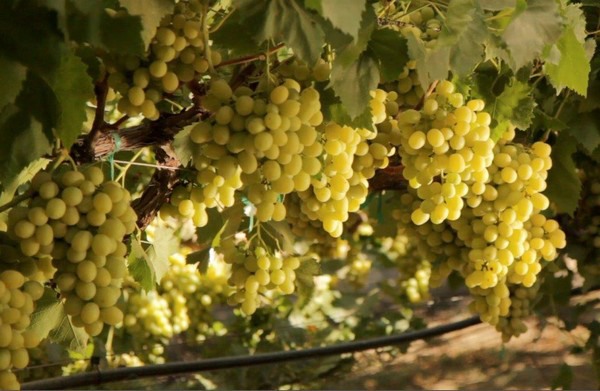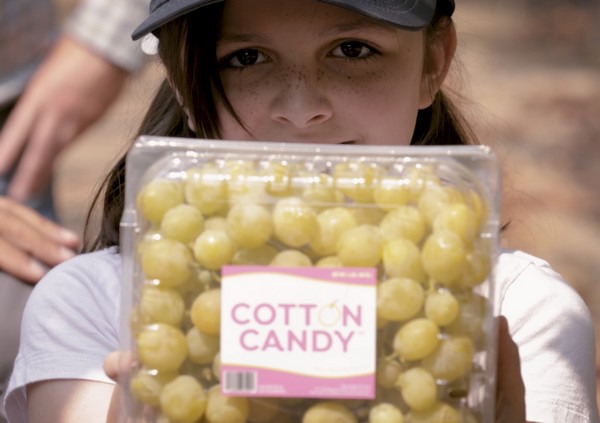International Fruit Genetics LLC (IFG), a table grape breeder, is commemorating the 20th anniversary of the breeding of the Cotton Candy™ grape.
The Cotton Candy grape was first naturally bred in 2003 by geneticist, horticulturalist and co-founder of IFG Dr. David Cain, but it took 10 more years before the Cotton Candy grape started to appear in retail stores. Since then, its popularity has flourished and the grapes are now grown in 13 countries with more than 34,000 US tons produced and sold in main market destinations.

“Today’s consumer wants new and unique flavors that provide a memorable eating experience. Cotton Candy grapes were one of the first products in the produce aisle to deliver this type of experience, and Sprouts was excited to participate in its launch,” said Matthew DeCeault, innovation manager, produce, Sprouts.
The Cotton Candy table grape began a few years after Dr. Cain started IFG with the goal of producing delicious and novel table grapes. Researchers from the University of Arkansas's fruit breeding program were showcasing a purple Concord grape that had a certain flavor. Dr. Cain decided to join forces with John Clark, the program’s director and a horticulture professor within the university’s System Division of Agriculture and in 2003, IFG signed an agreement.
Dr. Cain then went to work cross-pollinating their grapes with a dozen California varieties on his test fields in Delano, California. A few years later, when seedlings were fruiting, a group of school children touring the IFG facilities was given a chance to taste the grapes and immediately the students said the grapes tasted like “cotton candy.”
 The Cotton Candy grape was first naturally bred in 2003 but it took 10 more years before it started to appear in retail stores.
The Cotton Candy grape was first naturally bred in 2003 but it took 10 more years before it started to appear in retail stores.
“David wanted to bring back the natural flavors of grapes, which had been stripped away by decades of breeding the fruit to withstand the challenges of shipping and storage,” said Andy Higgins, CEO, IFG. “His goal was to offer consumers a new way to enjoy grapes and offer customers exceptional tasting varieties for table grapes that one sees with other fruit such as apples. We want customers to have the best tasting experience possible so when we naturally breed our grapes, we start with the consumer expectation and work our way backward.”
“It’s not just a variety, it’s a phenomenon,” said James Cackett, Tesco, technical manager produce - citrus, grape, melon, pineapple. “Cotton Candy grapes are a variety of table grapes that customers can never get enough of. I have seen the evolution of the variety turn global. Customer reactions to these grapes have been amazing--it's turned mainstream table grapes into a family favorite.”
 For more information:
For more information:
Michele Nachum
IFG
Tel: +1 (425) 698-7477
[email protected]
www.ifg.world










